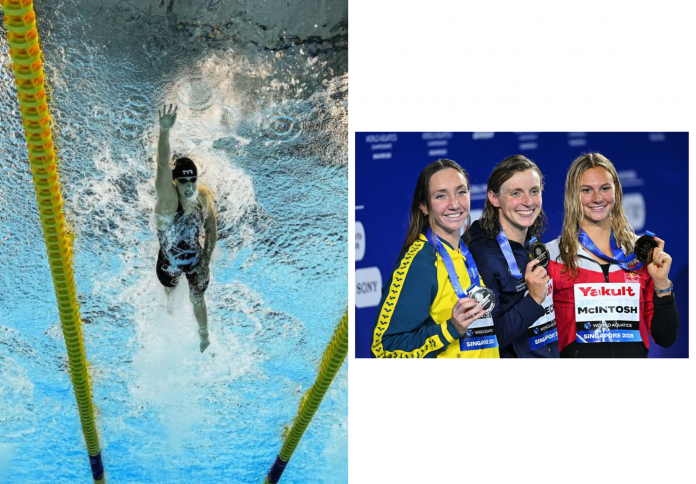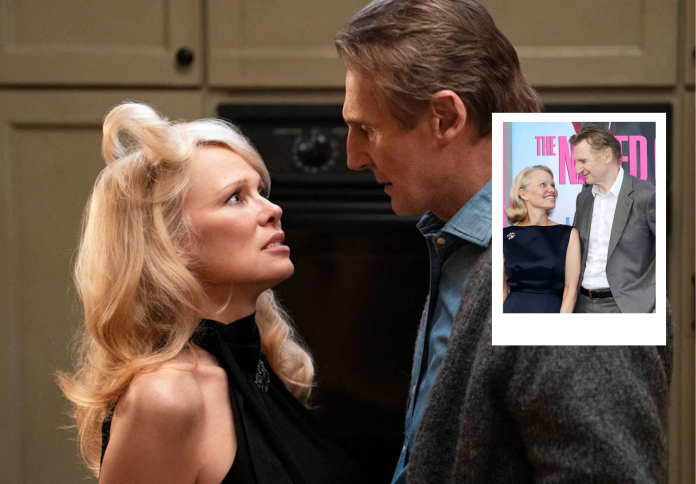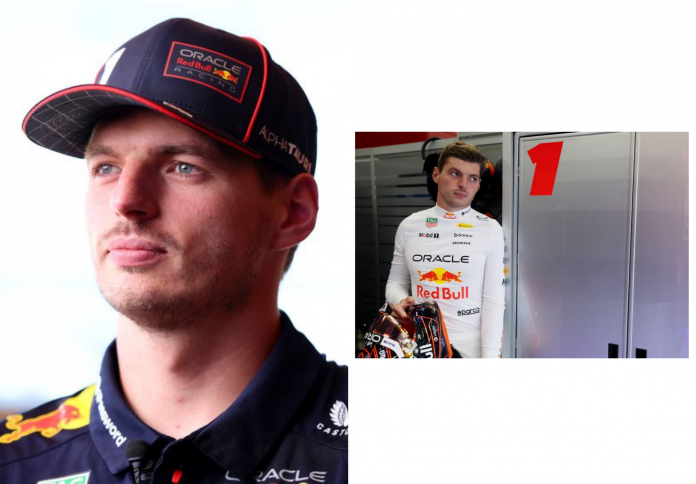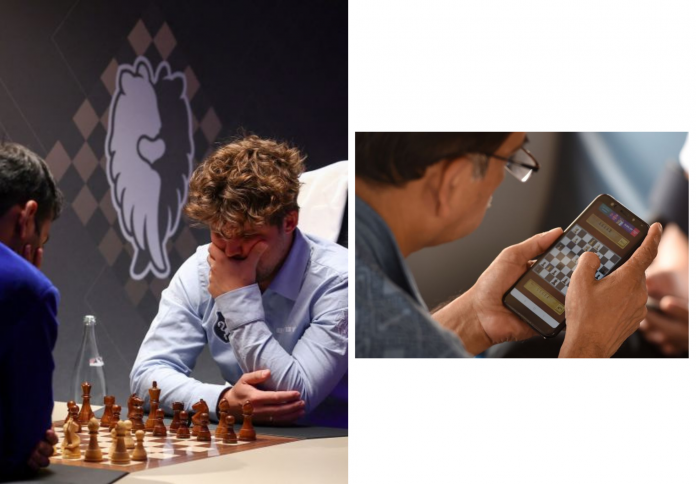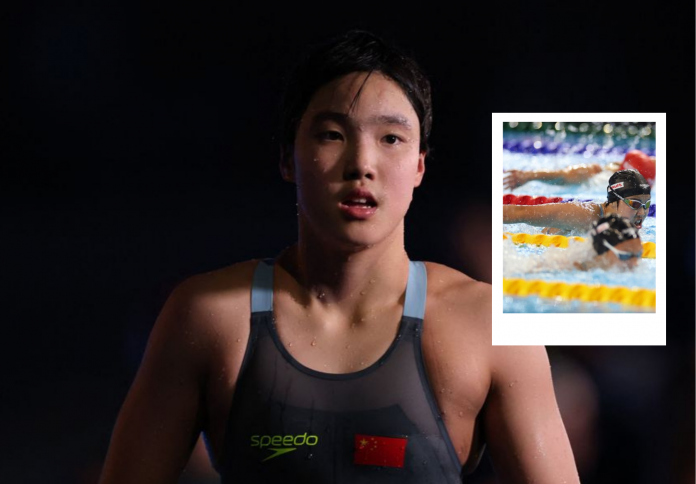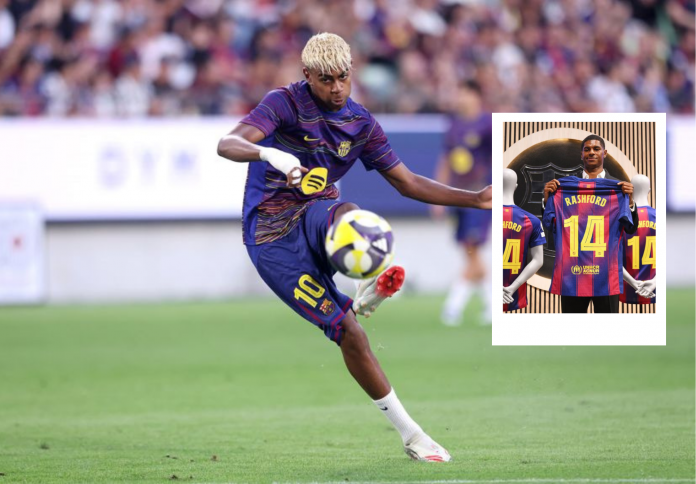In a world championship clash defined by legacy, rivalry, and raw endurance, Katie Ledecky reaffirmed her reign over distance swimming. The American icon clinched her seventh 800-meter freestyle world title in Singapore, defeating Canadian teenage prodigy Summer McIntosh and Australia’s rising force Lani Pallister in one of the fastest and fiercest finals the sport has ever seen.
A showdown written in the water
The 2025 World Aquatics Championships had been building to this. Summer McIntosh, 18 years old and already a three-time gold medalist this week, was chasing history—aiming to match Michael Phelps’ record of five golds in a single meet. After outpacing Ledecky earlier in the 400m freestyle, McIntosh entered the 800m with momentum, youth, and a growing aura of inevitability.
But Katie Ledecky, long regarded as the queen of the long pool, was never going to give up her crown without a fight. From the first strokes, it became clear this race would not be won by strategy alone—it would be a matter of heart.
The three contenders—Ledecky, McIntosh, and Pallister—were inseparable through the opening laps. Stroke for stroke, turn for turn, they tracked inside world-record pace at the halfway mark. McIntosh surged briefly with 100 meters to go, momentarily overtaking Ledecky. But the veteran’s calm was unshaken.
In the final 50 meters, Ledecky trusted her instincts, her legs, and her history. She pulled ahead with a surging kick, touching the wall in 8:05.62—a new championship record, and one of the fastest times ever recorded in the event.
An epic performance by all three women
Only 0.36 seconds behind, Lani Pallister delivered a personal best, earning silver and nearly stealing the show. McIntosh, after days of excellence and effort, took bronze with an 8:07.29—completing a podium where all three women clocked under 8:10.
“That’s pretty incredible,” Ledecky said afterward. “They pushed me all the way. I just kept telling myself to trust my legs… I’ve gotten a little better at kicking. So I brought it home in the end.”
Despite finishing just over a second outside her own world record set in May, the 27-year-old’s joy was visible. “I don’t feel like I have anything to lose at this point in my career,” she added. “I just enjoy it every time I get to walk out in front of a crowd like this and swim against the best in the world.”
Ledecky’s legend grows even deeper

This 800m victory marks Ledecky’s 23rd career world title and her second gold of the meet, following her win in the 1,500m freestyle. It was more than just another accolade—it was a defiant, graceful reminder that her place atop the distance swimming throne is still secure.
McIntosh may have bested Ledecky in the 400m earlier in the week, but the older swimmer’s response under pressure was vintage—controlled, tactical, and devastatingly effective. Even in the face of rising stars, Ledecky remains the swimmer others still measure themselves against.
The next generation is not waiting quietly
For Summer McIntosh, the bronze is far from a defeat. Her week has been nothing short of sensational—three golds already (200m butterfly, 400m freestyle, and 200m medley), with a fourth on the horizon in the 400m individual medley. Her consistency across multiple disciplines signals not just versatility, but an early legacy in the making.
Though she didn’t eclipse Phelps’ five-gold mark, her maturity and poise in a brutal week of racing are enough to confirm what many already suspect: the future belongs to her. But the present still has room for one more Ledecky lap of honor.
A world record finish to close Saturday’s drama
Adding to the night’s euphoria for Team USA, Jack Alexy, Patrick Sammon, Kate Douglass, and Torri Huske combined to break the world record in the mixed 4×100-meter freestyle relay. Their time of 3:18.48 edged out Australia’s 2023 mark by 0.35 seconds—another flourish on a night that was as much about redemption as it was about celebration.
For Ledecky and Team USA, the night brought an emphatic end to any doubts that had shadowed the team earlier in the week. And for global swimming, it offered a perfect snapshot of the sport’s evolving tapestry: youth pushing forward, greatness holding firm, and history being written one breathless stroke at a time.
